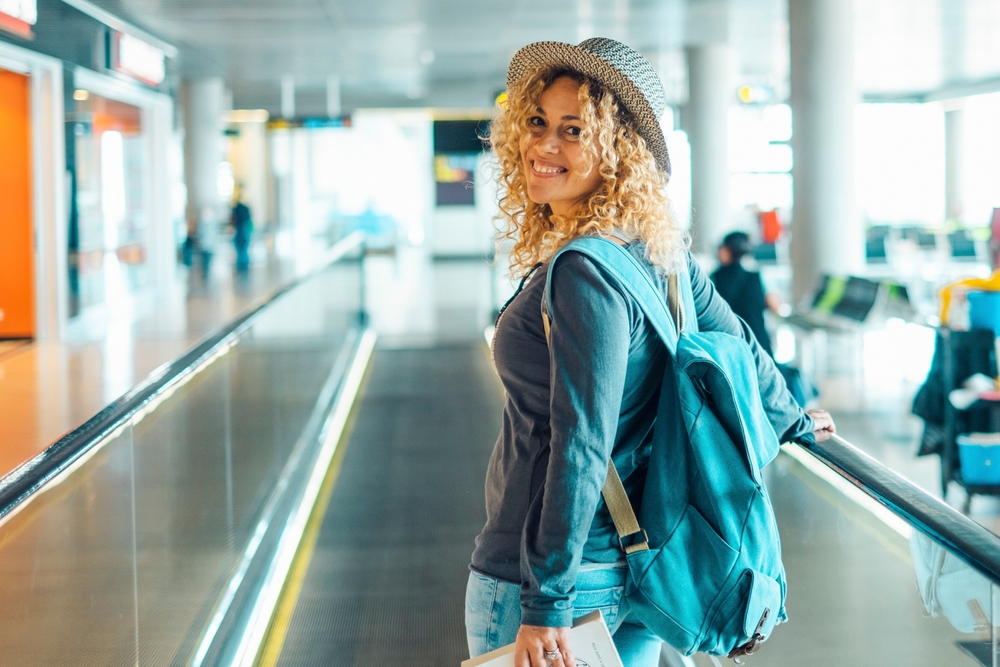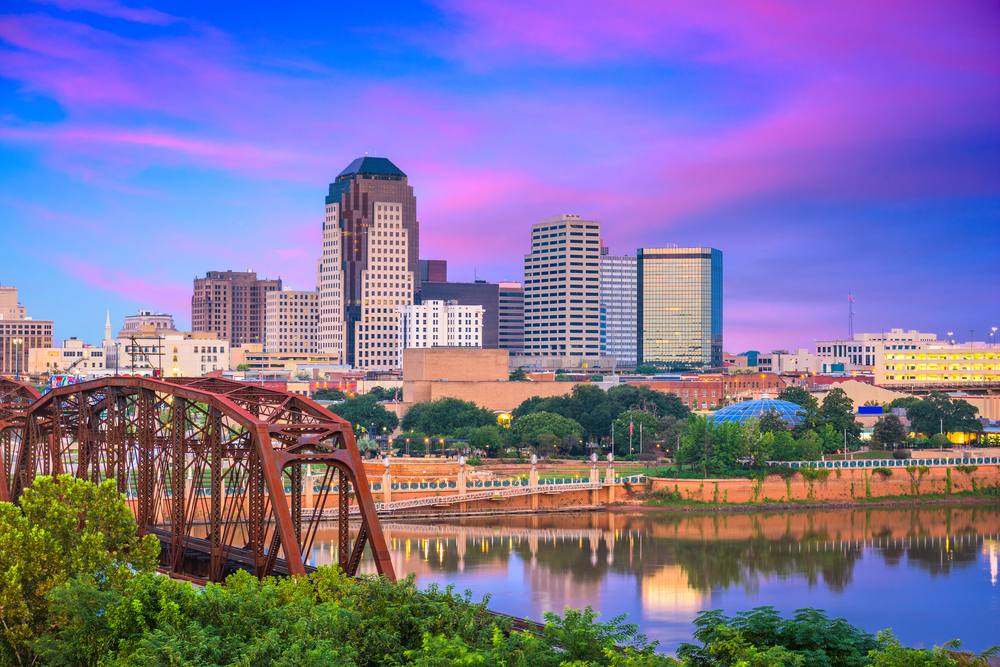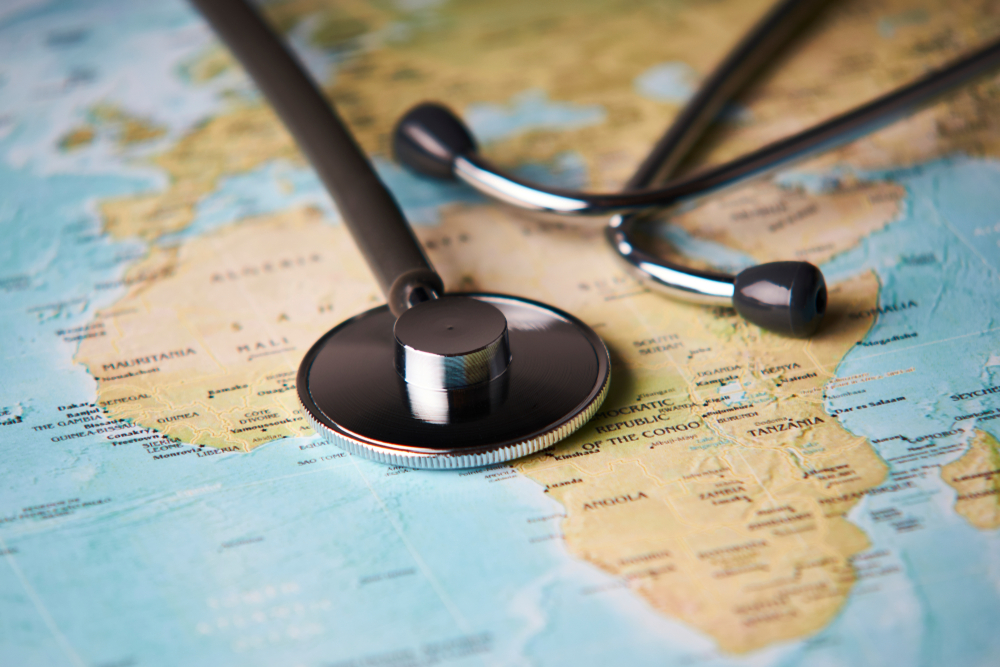Scarves are one of the most versatile accessories for any occasion, and the airport is no exception.
Travelling in style is not an impossible task and you don’t need a lot of money to accomplish it.
Here are some tips on airport style you may find useful next time you head off to some vacation spot or leave on a short business trip.
1. Go for flats or low heel shoes
However much you love your high heels, they’re not the best choice for travelling. You never know if there won’t be a delay in your flight for one reason or another, and you may end up sitting there for hours.
And what about if you’re late and you have to run to catch the plane? If you look through some pictures of stylish celebrities, you’ll notice that all of them choose loafers or low heels.
2. Wear a cute scarf
Scarves are one of the most versatile accessories for any occasion, and the airport is no exception. A scarf would not only add style to your outfit, it would be practically useful in cold weather, in addition to your jacket or a cardigan.
Cover-ups are also a must, just in case. Sometimes it can get pretty cool on the plane and it’s better to have a cover-up of your own. Remember, comfort first, style second.
3. No buckles
Avoid shoes and clothes with buckles or straps. First, slip-ons are easier to take off, and you will have to take them off, as you well know. Imagine having to take off strappy sandals for the security check, with people waiting in line after you.
Not the best idea. Second, you don’t want to have to deal with a faulty buckle or an accidentally torn strap at the airport, when you’re running late for your flight. While on this subject, don’t forget to pack a pair of socks in your carry-on, for the security check. It’s hardly a nice experience to tiptoe barefooted.
4. Add some glamour to your style with sunglasses
One, you can never be sure what weather will greet you at your destination and it pays to keep your eyes protected. Two, sunglasses are one of the ultimate style changers, so keep a pair in your carry-on luggage.
One added benefit of having a pair of glasses at hand is when your flight is long and you definitely don’t look your best after landing. Put them on and be glamorous despite the dark circles under your eyes.
5. Keep it casual, yet effortlessly chic
Casual is comfortable, so go for loose sweaters or T-shirts, and stretch pants or your favourite skinny jeans. As for colours, think accidents again. It’s somehow less frustrating to spill coffee on a black sweater, not to mention less noticeable, than on a bright yellow dress. And we haven’t even mentioned the shortage of changing facilities at airports.
That doesn’t mean, of course, that shirts and dresses are out of the question – just choose the ones you feel not just glamourous but also comfortable in.
6. Wear a hat
Hats are certainly a great style enhancer, and they go with any outfit. So, when you pack your luggage and dress for the airport, don’t forget to grab your fave that goes with the clothes you’ve chosen for the travel.
In addition to making you stylish, hats are great for concealing flat or frizzy hair, which is often the result of longer flights. Then there’s also the question of weather, so they can be a life saver. A beany or a fedora, choose the one that will match your overall style.
7. Leave the jewellery
You may be a great admirer of hundreds of bangles, lots of rings, a watch and a pair of dangly earrings plus a host of chains, but at the airport security will most probably read that certainly make you take off the lot and this takes time, not to mention the hassle.
You don’t need this, so just keep all this in your carry-on to make sure you don’t lose it if your main luggage gets sent somewhere else. There have been cases with people losing their jewellery while travelling. Or just leave them at home if you’re going on a business trip, why not?
8. Compromise
In case you want to be smart at the airport, here’s a compromise tip for you. Pack a comfortable outfit leggings and T-shirt, for example in your carry-on bag, then change after you get on the plane and then again before you leave it.
That’s of course if you don’t mind having to change in the plane bathroom but, hey, if you insist on your chic and glamorous style, that’s the option for you.



